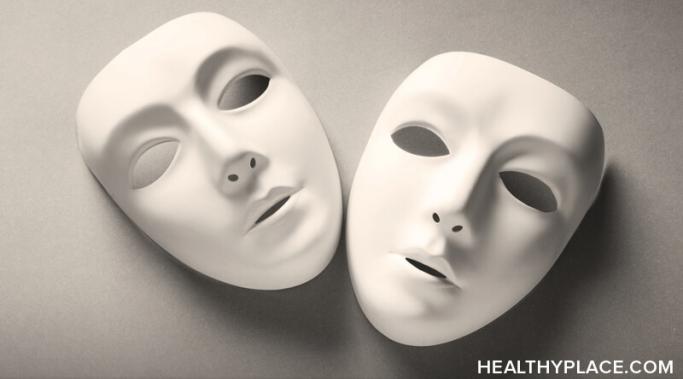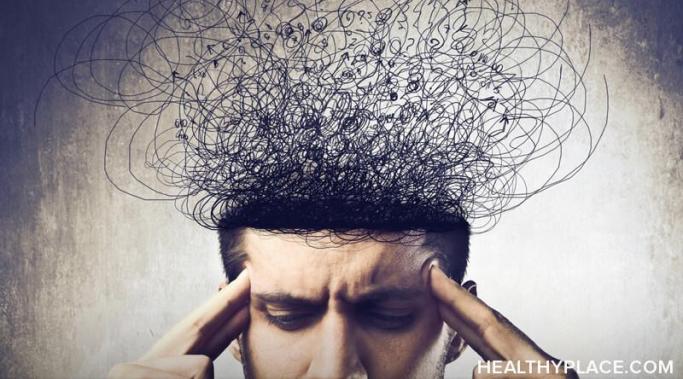Blogs
Take a moment to think of your favorite media villain. Got it? I bet the character that just came to mind is portrayed as having a mental illness with a sprinkle, or more like a heap of dramatization for theatrical effect. Batman’s Two-Face struggles deeply from poorly represented dissociative identity disorder (DID), as does Split’s premise with the twenty-third identity of protagonist Kevin being “The Beast”, an entirely fictitious representation that--intentionally or not--paints individuals suffering from DID as violent and inhuman.¹ The cinematic tactic aimed at creating drama and bolstering a storyline comes with an unintended and paramount side effect: stigma.
When I operate within the framework of an eating disorder, my life orbits around fear. The reason an eating disorder took control over my life in the first place was not because of an aversion to food. It was the result of something more complex and painful to identify. As a teenager, I had no terminology for this. But now as an adult, I know that naming the fear is vital for my healing.
There was a time in my life when I could not imagine myself meditating and taking the time to stop everything I was doing. During that phase of my life, I overcompensated my underlying anxiety by keeping myself busy with tasks. Every second of the day was filled with completing tasks. Sitting still was not part of my daily schedule, and I certainly did not try to keep my mind free and clear of thoughts.
I don’t have many friends who live nearby. Part of the reason is that my schizoaffective anxiety makes me feel awkward around new people and at parties. Part of it is because many of my old friends moved to other parts of the country and a few of them died due to complications with mental illness. But part of it is because I cut a lot of people out of my life. Here's why I cut people out of my life.
Opening up about self-injury can be incredibly cathartic and healing. But it's important, too, to set and maintain healthy boundaries during self-harm recovery and beyond.
I had a discussion with my friend once about brain fog, and I said brain fog wasn't a real symptom of depression; it was just sort of a layperson's description of cognitive difficulties. Brain fog itself wasn't exactly real, per se; I said I wasn't exactly wrong about that, but I wasn't exactly right either. Brain fog is not exactly a medical descriptor, but I identify with it as a part of my illness(es). I can now attest to the fact that brain fog is real.
放开我不能控制一直是challenging for me. In my work as an actor, this is a necessary skill that I'm just now working on. As I get better at it, I realize just how important it is to apply it to all aspects of my life. Let's talk about it.
Since the age of 18, I have lost four passports. This sportsman-like proficiency in losing valuable documents is partly a result of having attention-deficit/hyperactivity disorder (ADHD).
Over the years, I have been able to cope with my anxiety much more effectively than I did when I was younger; however, there are still plenty of times where my anxiety has affected my self-worth.
边缘型人格障碍的人(BPD) have a reputation for being difficult to treat in therapy. As someone who has BPD, I can attest to this: I can be very defensive, and I have a habit of trying to do the therapist's job by diagnosing myself and telling them what I think I need. I also don't stick with any therapist for long and have been known to bail with almost no warning.









